While many players in the vertical farm industry were rushing to share their stories on sustainable cultivation and improved food safety to raise capital, the GoodLeaf team was working behind the scenes. Before joining the company, Barry worked for McCain Food. He was one of the leading forces that brought McCain to invest in GoodLeaf back in 2018, and since then, the company kept its head down to work.
"We have been quietly building our business in Canada," Barry Murchie, GoodLeaf CEO says. "We are not about overpromising and underdelivering. Many peers described themselves as a tech company. We view ourselves as a food company that leverages technology."
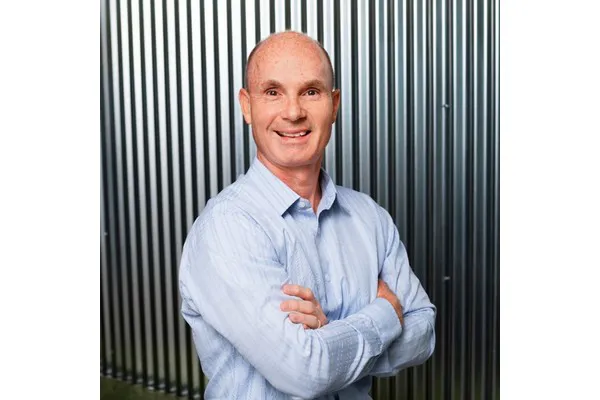
Barry Murchie
Stop the greenwashing
Barry is talking about the old story of vertical farming players indulging in greenwashing and buzzwords to raise capital without eventually achieving their goal – by a long shot even, at times. "The industry is now going through a consolidation, but this aside, I believe the vertical farm sector breaks into three categories," Barry points out. So, you have the Dreamers, which are those companies that were dazzled by purple light and the feel-good stories, however, they never had the resources to be successful.
"These guys are being squeezed out," says Barry. Then, you have the Squanders: companies that raised enormous amounts of money viewed themselves as tech companies, and have overpromised and underdelivered for quite some time. "These two categories made investors quite skeptical in this space. Their struggles made the headlines, thus poisoning the well and making investors disillusioned," Barry comments.
The last category is where GoodLeaf falls. "Builders," Barry explains. "They view themselves as responsible and disciplined users of capital. They are building the foundations of their food companies around food safety, product consistency, and unit economics. This last group of companies will ultimately be successful."
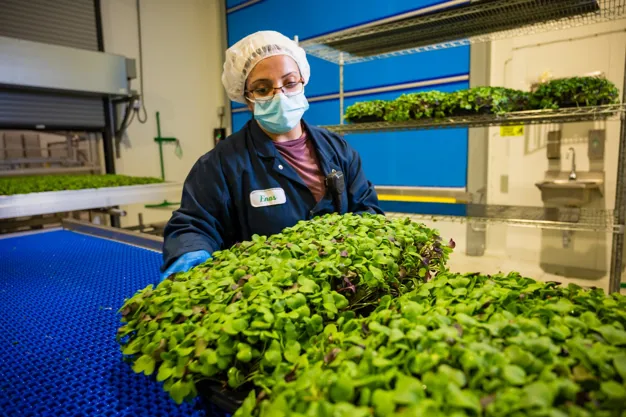
Increasing consumer awareness
As GoodLeaf brings online the Calgary and Montreal farms, Barry believes the company will be approaching to be one of the largest vertical farm operations in the world. "We are bringing online two very sophisticated facilities which will also solidify our partnerships with our commercial partners in developing the market."
Developing the market and increasing consumer awareness have been quite the hurdles for the vertical farm industry so far. "One of the questions I asked myself before joining this sector was indeed: are consumers and customers willing to support something new?" The answer to that was yes, of course. "We could see through our initial research that there's not only receptivity but there's even a desire for us to hurry up and create this alternative in the market sooner." On top of that, there's something else too. "There's the need to create an ecosystem to have the ability to rely on a domestic alternative that proves itself to be superior."
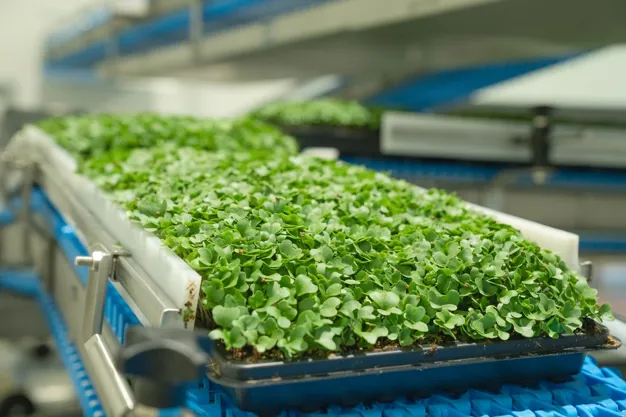
Up to 85% of the leafy greens consumed in Canada are grown in Southern California and Arizona. Historically, these locations have been plagued by issues of water quality, soil degradation, and even food safety issues.
"And what gets to the consumer has a noticeably short shelf life, the nutrient density is not there. Overall, it all makes it not for a pleasant eating experience. On top of that, a big portion of that produce doesn't even make it to the consumer as it gets thrown away along the supply chain," explains Barry. Canada has been dealing with those issues for quite a while now, struggling to achieve proper food sovereignty. "If we don't take care of our food sovereignty, there's going to be an abrupt end of leafy greens in Canada, and that's definitely not a desirable outcome."
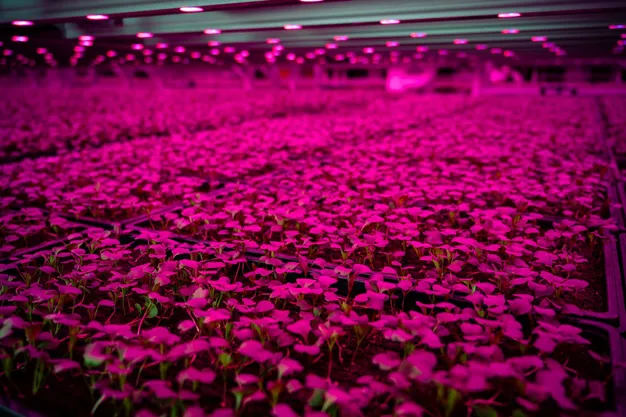
Adding a niche product to the basket
So, not only are consumers willing to try something new and apparently superior, but it also looks like there's a need for food companies to step up and proactively tackle issues that are of national importance. And GoodLeaf wants to do that with microgreens. "Microgreens have an extremely high nutrient density and an explosive flavor," Barry says.
"Such a product would bring health benefits to those demographics and communities that historically didn't have access to fresh and nutritious food. Think of the older communities, for instance. Eating a bowl of spinach salad that comes from thousands of miles away is not as appetizing and nutritious as having access to a broad variety of nutrient-rich microgreens growing right around the corner. Bringing innovations into the microgreen space then means improving consumers' diets, which would translate into adding an additional product to their basket. As the market fully develops, we'll be all set to seize what's to come, one leaf at a time."
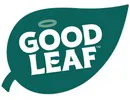 For more information:
For more information:
GoodLeaf
info@goodleaffarms.com
www.goodleaffarms.com
